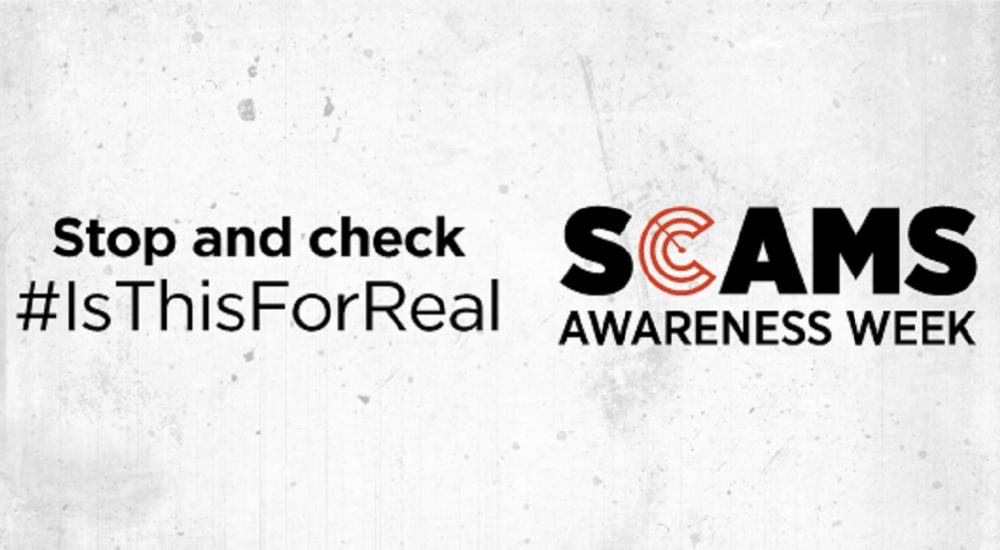
It could be quite alarming to get a phone call or email from someone threatening that you’ll be fined or arrested or that your computer will be shut down. But this Scams Awareness Week we’re urging consumers to take a moment to ‘Stop and check: is this for real?’
Scammers may pretend to be from a government agency or a well-known business and their aim is to scare you into parting with your money or personal information.
The ACCC’s Scamwatch received almost 33,000 reports of these scams in 2017. Over $4.7 million was reported lost and more than 2800 people gave their personal information to these scammers.
How these scams work
Scammers may claim that you have a tax debt or there are problems with your government benefits, immigration papers or visa status. They say you must pay them money or give them remote access to your computer immediately otherwise:
- you’ll be fined or charged additional fees
- your internet will be disconnected
- the police or debt collectors will be sent to your home
- you’ll be taken to court, arrested or deported.
They may send you an email with an attachment or a link to download proof of the ‘bill’, ‘fine’ or ‘missed delivery details’. But if you open the attachment or download the file it could infect your computer with malware.
Tips to protect yourself
- When dealing with uninvited contacts always consider the possibility that it may be a scam.
- Check whether the contact is genuine. Use the phone book or do an online search to contact the company and ask if they contacted you. Don’t use contact details provided by the caller or in the message they sent to you.
- If a caller threatens you, hang up, then check whether their story is real. Speak to a trusted friend or family member about what has happened.
- Don’t respond to threatening emails or voicemail messages. If you call them back the scammers may increase their intimidation and attempts to get your money.
- Never send money or give your bank account details, credit card details or other personal information to anyone you don’t know or trust, and never by email or over the phone.
- A government agency or trusted business will never ask you to pay by unusual methods such as with gift cards, iTunes cards, wire transfers or bitcoin.
- Don’t open suspicious texts, pop-up windows or emails and don’t click on links or open attachments – just delete them.
- Never give anyone remote access to your computer if they’ve contacted you out of the blue – even if they claim to be from a well-known company.
Have you been scammed?
If you’ve lost money or given personal information to a scammer, there are steps you can take straight away to limit the damage and protect yourself from further loss.
- If you’ve sent money or shared your banking or credit card details, contact your financial institution immediately. They may be able to stop or reverse a transaction or close your account.
- If you’ve given your personal information to a scammer, visit IDCARE (www.idcare.org), Australia and New Zealand’s not-for-profit national identity and cyber support service. IDCARE can work with you to develop a specific response plan to your situation and support you through the process.
- As scammers are often based overseas, it is extremely difficult for government agencies to track them down or for law enforcement to take action against them. So take the time to warn your friends and family about these scams.
More information
For more information about scams, where to get help if you’ve been scammed or to report a scam, visit www.scamwatch.gov.au
Scams Awareness Week is an initiative of the Scams Awareness Network, a group of Australian and New Zealand government agencies with responsibility for consumer protection and policing in scams, cyber safety and fraud.


